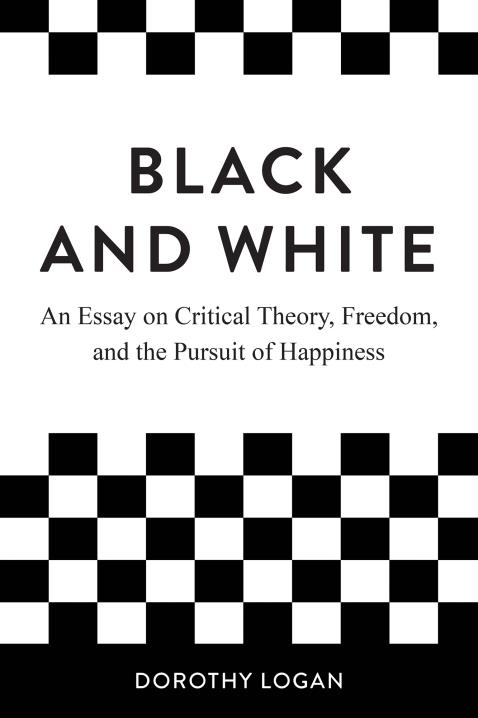Is there Systemic Racism?
- logandorothy
- Jun 20, 2020
- 2 min read
Saturday, June 20, 2020
2020 has evoked many questions about American society - including this one. My friend Laura asked it this way: What are your thoughts on systemic racism? Laura was not the only one who wanted to know my thoughts, but here is the response I gave to my friend:
There is systemic discrimination. But that, too, needs a definition. What “system” are we talking about?
For example, insurance companies use statistics to charge higher rates for particular demographic groups. And retailers use statistics to guide choices like store location, product placement, security, and hiring.
Such use of statistics to guide decisions and behavior of those “systems” is UNJUST to the one who does not fit the stereotype driven by statistics.
Individuals also tend to stereotype based on their knowledge of statistics. But even that is subconsciously guided by the way society has framed the narrative.
For example, when someone knows 30% of all black males are felons – when that person sees a black man that person may subconsciously believe, “He’s probably a felon” and that guides other thoughts and values – but in reality, even if 30% of all black males in America are felons, that means SEVENTY PERCENT ARE NOT felons. So the likelihood that the black man is a felon is actually NOT “probably”. He is PROBABLY an upstanding citizen!
So the way society has framed the narrative means that all the data people are using to point out systemic racism actually perpetuates the negative narrative that reinforces and ultimately “justifies” the idea that there is systemic racism/discrimination.
That is why it is so important to change the narrative. If the narrative justifies the subconscious negative stereotyping, how can anything be done to solve the problem?
Also, if those who are targeted by systemic discrimination refuse to live as though there is systemic discrimination, they may find there is nothing holding them back from pursuing their happiness – which then means there really is not systemic racism – at least, not against that individual. (Any individual can choose to reject the narrative and refuse to be part of the "system." That is the beauty of American freedom.)
Meaning the narrative that there IS systemic racism could actually be causing systemic racism – because once again people in society are thinking about and treating individuals as though they are one in the same with an entire group - and the pervasive narrative reinforces rather than rejects the negative stereotyping of the group.






Comments